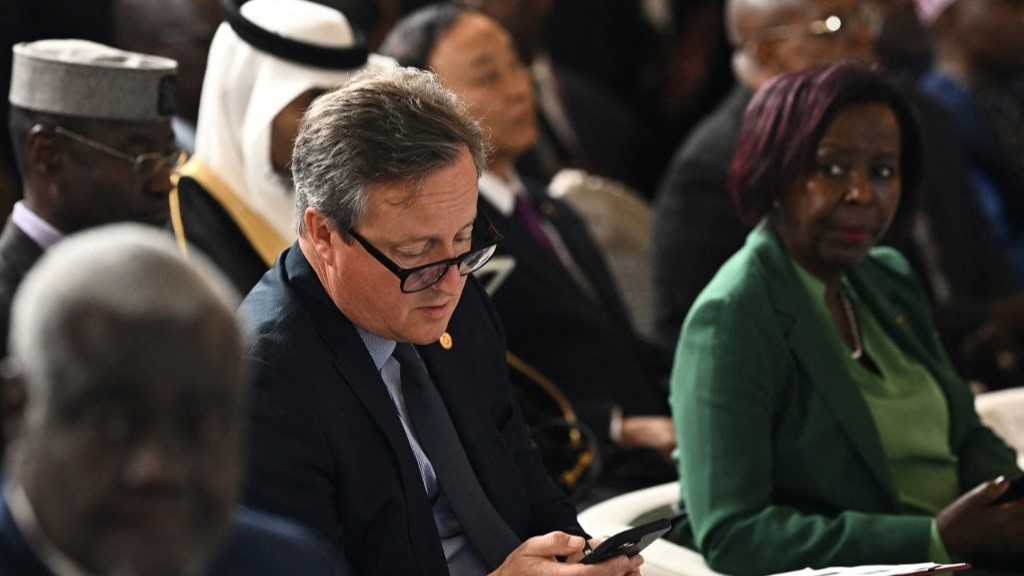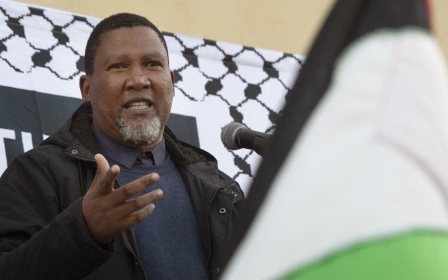UK: David Cameron says he was planning to sanction Ben Gvir and Smotrich

David Cameron, the former British prime minister and foreign secretary under the previous Conservative government, said he planned to impose sanctions on two senior members of the Israeli government - but stopped short of doing so because of the general election in July.
In an interview with the BBC on Tuesday morning, Cameron said he wanted to impose an asset freeze and travel ban on Israel's finance minister, Bezalel Smotrich, and the national security minister, Itamar Ben-Gvir.
He told Radio 4's Today programme: "Smotrich and Gvir had said things like encouraging people to stop aid convoys getting into Gaza and encouraging extreme settlers in the West Bank with the appalling things they have been carrying out."
He said it was necessary to tell Israeli Prime Minister Netanyahu that "when ministers in your government who are extremists and behave in this way, we are prepared to use our sanctions regime to say this is simply not good enough and simply has to stop".
Middle East Eye has approached the foreign office for comment.
New MEE newsletter: Jerusalem Dispatch
Sign up to get the latest insights and analysis on Israel-Palestine, alongside Turkey Unpacked and other MEE newsletters
Cameron also hit out at the new foreign secretary, Labour's David Lammy, for suspending 30 out of 350 arms export licences to Israel, saying it "made no sense" and that Israel needed to protect itself from Iranian attacks.
"There were other things we could do to put pressure on Netanyahu and say, of course, we respect your right to self-defence but we do want you to act within the law."
He added: "On October 7 Israel was not just attacked in the south by Hamas but then continually with rockets by Hezbollah in the north. We all want this conflict to end but it has to end in a way that is sustainable so that it does not restart.
"That is why it is right to back Israel’s right of self-defence. But it is not a blank cheque, it’s not unconditional.
"We do want to see aid get through to Gaza and we do want the role of the UN in Lebanon to be respected."
In government, Cameron said in February that he could not see how an Israeli offensive in Rafah could avoid harming civilians.
But when Israel invaded the city, Cameron refused to suspend arms sales.
Similarly, in January Cameron said he was worried that Israel had breached international law in Gaza and could be "vulnerable to a challenge" from the International Criminal Court (ICC).
However, in May, he threw scorn on ICC prosecutor Karim Khan for seeking arrest warrants for Israeli leaders, and Britain submitted an objection to the ICC arguing the court has no jurisdiction in Gaza.
Cameron also claimed: "No one has been tougher on Israel than me." The Labour government removed Britain's objection in July.
Middle East Eye delivers independent and unrivalled coverage and analysis of the Middle East, North Africa and beyond. To learn more about republishing this content and the associated fees, please fill out this form. More about MEE can be found here.





